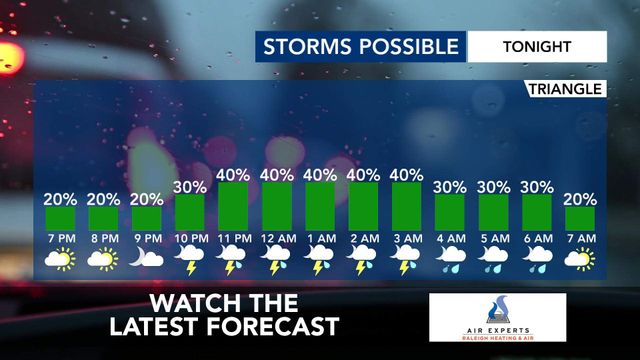North Carolina university expands life science research opportunities

Photo Credit: UNC Charlotte
This article was written for our sponsor, NCBiotech.
In North Carolina, employers continue to report there are more job opportunities in science-related fields than there are qualified applicants to fill them. Fortunately, the University of North Carolina at Charlotte is helping with its continued commitment to educate students in the biological sciences, chemistry and physics. In the school’s new Science Building, completed in the summer of 2021, students are taught in active learning classrooms and can conduct research in state-of-the-art teaching labs, emphasizing collaboration and communication.
Bernadette T. Donovan-Merkert, Ph.D., is the interim division dean for biology, chemistry, math and physics and serves as the director of the Nanoscale Science Ph.D. program at UNC Charlotte. When she joined the university in 1992, most of the research was conducted by graduate students, though undergraduates were also involved. "Undergraduate research is nothing new. It’s something we’ve embraced for a very long time," she says, adding that the school’s commitment to research was one of the factors that attracted her to the university.
"Undergraduate research is often discussed as if it’s something different, but undergraduate research is simply research," Donovan-Merkert says. "The same standards apply, and we have very high standards."
As undergraduates, students may require more training, and they may not have as much flexibility in their schedule to spend hours in the lab. However, over time, they develop a sense of independence and ownership of their work.
Donovan-Merkert says that in the new Science Building laboratory instruction in chemistry, biology and physics takes place. When it comes to biomolecular research, students in these subjects work together, lending their expertise to a particular challenge they’re facing. For example, the role of nanoparticles in drug delivery.
"There is some cool work being done in that area," she says. "In the fight against cancer, typically the focus has been on a single drug being delivered to the patient. But, using nanoparticles, we have the ability to deliver a number of different drugs."
With pancreatic cancer, among the most challenging cancers to treat, one part of the nanoparticle can target one aspect of the cancer, while another can target a different aspect. In addition to the challenge of simply delivering different drugs to the patient, researchers are concerned whether the patient’s body is going to reject part of the nanoparticle.
"When asking whether there will be any rejection from the patient, that requires teamwork—from the chemists who know how to make these things to the biologists who are experts in immunology."
Working collaboratively, especially in such a high-stakes enterprise, helps students hone interpersonal skills, making these student researchers valuable to future hiring managers.
"What we hear time and again is that employers are really looking for employees with the ability to solve problems, communicate effectively, and work as part of a team," says Donovan-Merkert. "I call that getting out of student mode," she says. "In a research group, students have a smaller community they can feel a part of and contribute to."
Students at UNC Charlotte, the fastest-growing university in the state, have an abundance of opportunities to ‘get out of student mode’ and participate in professional experiences including:
Internships with leading industry partners
Speaking and presenting work at conferences, including a summer research symposium
Presenting work at regional and national meetings, such as the Southeastern Regional Meeting of the American Chemical Society
Co-authoring and publishing research in highly-respected journals.
"We also have an undergraduate program funded by the National Science Foundation for well over a decade," says Donovan-Merkert. The NanoSURE Research Experience for Undergraduates allows participants to spend 10 weeks working on ongoing nanoscale science research and receive a stipend.
"We also have a nanoscale science Ph.D. program," she says. In 1992, the school did not yet offer doctoral degrees. Now it offers 24, another testament to the growing prestige of the program.
Donovan-Merkert believes that exposure to research roles and opportunities at UNC Charlotte helps students who are undecided about the research they want to pursue. "If they don’t like putting glassware together, and doing distillations and chromatography columns, they’re probably not going to enjoy being a synthetic chemist. So, a different area may better suit them," she says.
At UNC Charlotte, students can explore and determine what kind of person they want as a mentor and what type of work excites them.
This article was written for our sponsor, NCBiotech.











